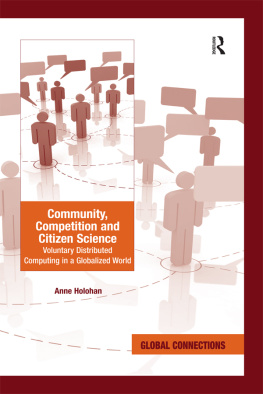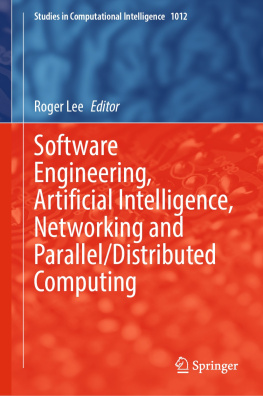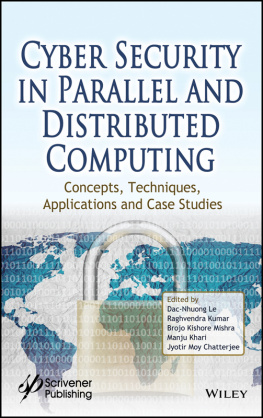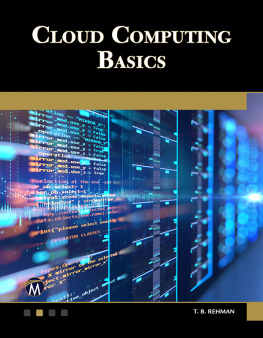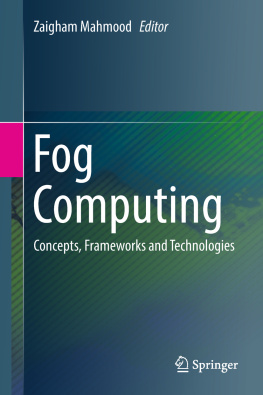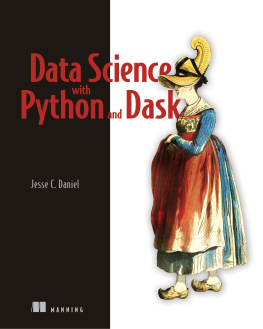Community, Competition and Citizen Science
Global Connections
Series Editor: Robert Holton, Trinity College, Dublin
Global Connections builds on the multi-dimensional and continuously expanding interest in Globalization. The main objective of the series is to focus on connectedness and provide readable case studies across a broad range of areas such as social and cultural life, economic, political and technological activities.
The series aims to move beyond abstract generalities and stereotypes: Global is considered in the broadest sense of the word, embracing connections between different nations, regions and localities, including activities that are trans-national, and trans-local in scope; Connections refers to movements of people, ideas, resources, and all forms of communication as well as the opportunities and constraints faced in making, engaging with, and sometimes resisting globalization.
The series is interdisciplinary in focus and publishes monographs and collections of essays by new and established scholars. It fills a niche in the market for books that make the study of globalization more concrete and accessible.
Also published in this series:
Multiple Modernities and Postsecular Societies
Edited by Massimo Rosati and Kristina Stoeckl
ISBN 978-1-4094-4412-1
Legitimization in World Society
Edited by Aldo Mascareo and Kathya Araujo
ISBN 978-1-4094-4088-8
Global Islamophobia
Muslims and Moral Panic in the West
Edited by George Morgan and Scott Poynting
ISBN 978-1-4094-3119-0
Managing Cultural Change
Reclaiming Synchronicity in a Mobile World
Melissa Butcher
ISBN 978-1-4094-2510-6
First published 2013 by Ashgate Publishing
Published 2016 by Routledge
2 Park Square, Milton Park, Abingdon, Oxon OX14 4RN
711 Third Avenue, New York, NY 10017, USA
Routledge is an imprint of the Taylor & Francis Group, an informa business
Copyright Anne Holohan 2013
Anne Holohan has asserted her right under the Copyright, Designs and Patents Act, 1988, to be identified as the author of this work.
All rights reserved. No part of this book may be reprinted or reproduced or utilised in any form or by any electronic, mechanical, or other means, now known or hereafter invented, including photocopying and recording, or in any information storage or retrieval system, without permission in writing from the publishers.
Notice:
Product or corporate names may be trademarks or registered trademarks, and are used only for identification and explanation without intent to infringe.
British Library Cataloguing in Publication Data
A catalogue record for this book is available from the British Library
The Library of Congress has cataloged the printed edition as follows:
Holohan, Anne, 1968-
Community, competition and citizen science : voluntary distributed computing in a
globalized world / by Anne Holohan.
pages cm. -- (Global connections)
Includes bibliographical references and index.
ISBN 978-1-4094-5298-0 (hardback) 1. Volunteer workers in science. 2. Science-
-Social aspects. 3. Computer networks. 4. Information technology projects--Social
aspects. I. Title.
Q175.5.H64 2013
303.4834--dc23
2013009601
ISBN 9781409452980 (hbk)
Contents
Why is Voluntary Distributed Computing important for sociology? I think the answer lies in the word voluntary; this is a scientific endeavour which is dependent on non-professionals offering their time and resources for a good cause. A good cause, incidentally, that can involve a lot of social activity. Many volunteers are members of a team, or a forum community, and many engage in vigorous competition, as each project has league tables of the most productive crunchers of data, and these change on a daily basis. It is difficult to understand or work to recruit and retain those volunteers without using a sociological perspective. It is a truly global phenomenon and is having a significant impact on science everywhere but is also not widely known about. It was the fervour aroused by the competition in VDC among computer science graduate students/friends at UCLA that first alerted me to VDC back in 2000. Since then I have followed the activity of the group of projects featured in this book with a professional interest. As technology becomes ubiquitous and global in every field of human endeavour, sociology can contribute to a holistic understanding of the changes wrought and the possibilities offered.
Chapter 1
Introduction
In February 2011, two people found a new pulsar in space. One of those people, Vitaliy Shiryaev, was in Moscow. A man who has a PhD in radio astronomy, Shirayaevs day job is to solve what is called the travelling salesman problem: finding the shortest path between a cluster of cities for the trucks in the company, with the goal of saving a lot of money in fuel and time. In mathematical terms this is a nonpolynominal algorithm problem and requires Shiryaev to use a large computer cluster to get solutions. When his computer cluster is not busy solving the travelling salesman problem, he has them search for pulsars for the Einstein@home volunteer distributed computing project. Einstein@home searches gravitational wave data for signals from unknown pulsars. In February 2011, one of Shiryaevs computers found a radio pulsar orbiting a white dwarf star every 9.4 hours. The pulsar, called J1952+2630 was found coincidentally, independantly and simultaneously by an English man, Stacey Eastham. Like Shiryaev, Eastham has a day job. He is a motorcycle inspector for the British Ministry of Transport and it is in his spare time that he crunches data for Einstein@home on computers that he builds himself from recycled materials, including old water bottles.
Priscilla Burns is a retired school teacher in a small seaside town in the UK. Every morning, she gets up, goes to her computer and checks the message boards for ClimatePrediction.net (CPDN). This volunteer distributed computing projects aim is to explore how climate will change over the next century, by analyzing changes in levels of carbon dioxide amongst other measures. Burns is a moderator on the message boards, answering questions and making new volunteers feel welcome. She was a self-described non-techie when she began her involvement by downloading the software onto her PC after watching a BBC news story on how ordinary citizens can participate in large scale scientific research. Five years into her involvement, she is now comfortable with computers, and is passionate about being part of the volunteer distributed computing community, enjoying the challenge of the interaction with the other people involved as much as her interaction with the technology and science.
Shiryaev, Eastham and Burns are part of a growing wave of individuals around the world, numbering in the millions, who voluntarily give their time and idle computer resources for scientific research. They are often referred to as volunteers, but just as often, as the main function is processing data, especially if they are less focused on the substance of what they are processing than on the competition to process the most, they refer to themselves as crunchers. I will use both labels in this book.
So what are they volunteering/crunching on? A voluntary distributed computing (VDC) project like proving Einsteins theories or modelling climate change divides a big computational task into small pieces of data or work that are sent out over the Internet to be processed by individual users. These pieces are downloaded to personal computers, and the data is crunched when the computers are idle. Files are then uploaded to the servers that they originated from with the completed computations and the process starts over again. Millions of people all over the world are currently participating voluntarily in such projects. The amount of computing resources thus harnessed is enormous and would cost millions, if not billions, of dollars on the market. However, voluntary distributed computing only works if many people participate and continue to participate. The technical challenge is to manage large computing tasks by breaking them down to many small tasks, which are then allocated to a large number of individuals who volunteer their personal computers to the initiative. The social problem is how to find all those widely dispersed computers and persuade their owners to participate and to continue to participate. Two key questions need to be answered: What do we know about the factors driving participation in VDCs? How can a large scale scientific project provide an environment that would encourage resource contribution from many volunteers? And more fundamentally, what does VDC tell us about the impact of new technologies on collective action, community and science?

